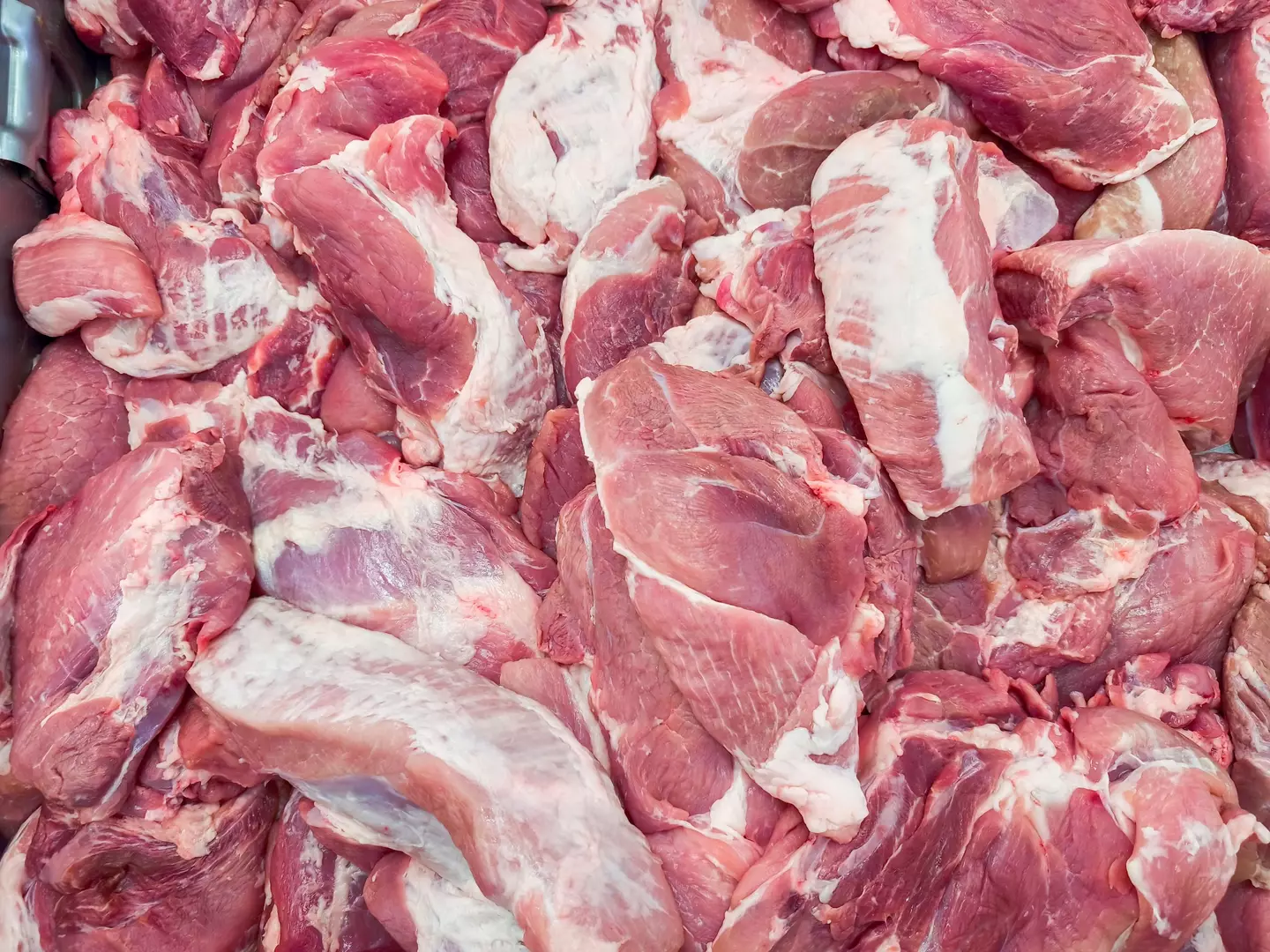
With gym memberships at an all-time high in the UK, more of us than ever are pumping iron and smashing the protein to maximise the gains.
For hypertrophy, or muscle gain, it’s broadly recommended that we eat between 1.5 and 2g of protein per kilogram of bodyweight each day. For a 70g person, that would be a range of 105 to 140g.
For those of us who aren’t worried about building muscle, it’s still recommended that we get around 0.8g per kilo of bodyweight each day for maintenance and keeping your body in good nick.

Advert
Eating too much protein is actually quite challenging. Getting the 1.5g per kilo of bodyweight, for example, is easier said than done and typically requires significant dietary changes and thoughtful snacking to achieve consistently.
However, in the absence of fats it can pose a problem.
While too much fat in our diets is bad news, we do need some in our diets for health. With a lot of protein and too little fat, we can develop a condition known as ‘rabbit starvation’, or ‘protein poisoning’.
It’s so-named because rabbit meat is exceptionally lean, providing a solid dose of protein will little to no fat content. It’s theorised that Christopher McCandless, whose life was dramatised in 2007’s Into the Wild, was suffering rabbit starvation before he died as the local environment didn’t have enough fat sources for healthy subsistence.
With a lack of fats and carbohydrates, the liver and kidneys can be overrun by compounds derived from protein digestion, namely ammonia, urea and amino acids.
As people look to pack on the muscle whilst minimising body fat too show their gains off in all their glory, experts are concerned that people could skip fat to the extent that they make themselves ill.
Dr Margaret Murray, a dietitian and senior lecturer at Swinburne University of Technology, said that high protein diets, even for those seeking muscular hypertrophy, can often be overkill.
"Most… adults are already eating plenty of protein," Dr Murray explained in an article for The Conversation.
"Even so, many people still go out of their way to add even more protein to their diet.

"For people working to increase muscle mass through resistance training, such as lifting weights, a protein intake up to 1.6 grams per kilogram of body weight per day (that’s 144 grams a day for a 90 kilogram person) can help with increasing muscle strength and size.
"But research shows there is no additional muscle gain benefit from eating any more than that."
While that may be the case, the issue with rabbit starvation is, again, primarily in the lack of fats and carbohydrates rather than an excess of protein.
Symptoms of rabbit starvation include: nausea, fatigue, headaches, low blood pressure, mood changes, hunger, and diarrhoea.
